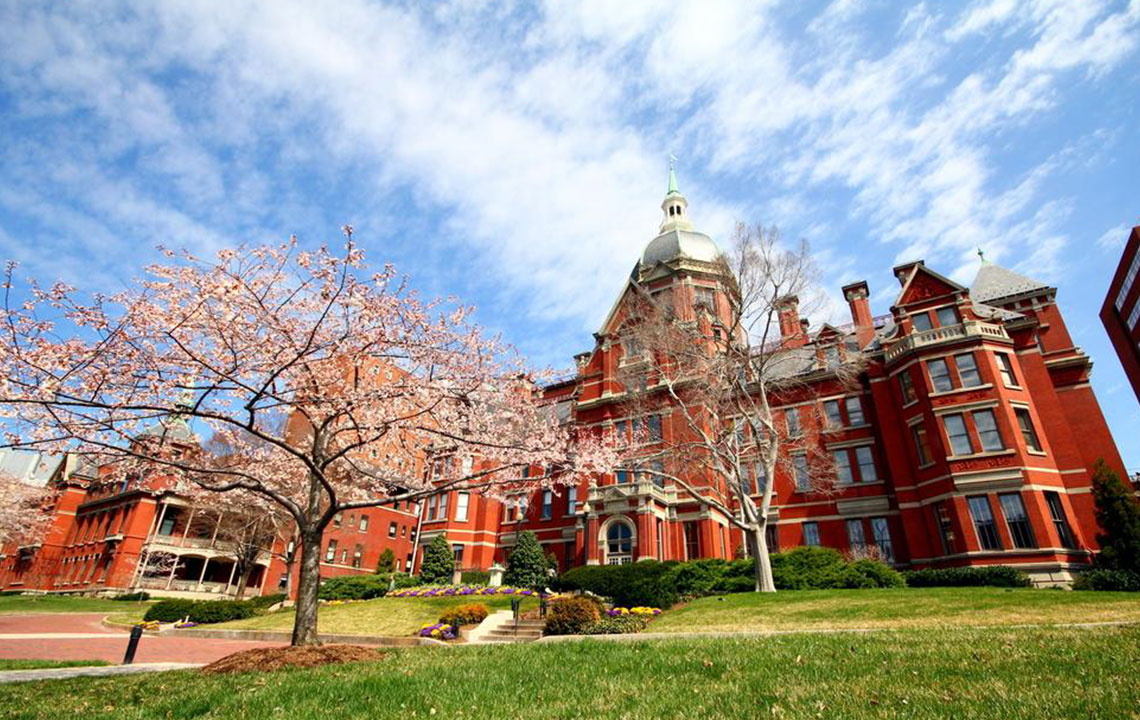Leading Nursing Schools and Degree Programs in the U.S.
Discover top nursing schools and programs in the U.S., ranging from diplomas to doctoral degrees. Learn about career opportunities, top universities, and specialized pathways essential for aspiring nurses. Pursuing nursing in the U.S. offers robust training, diverse career options, and competitive salaries, making it a promising profession worldwide.

Leading Nursing Schools and Academic Programs in the U.S.
Premier Nursing Institutions & Programs
U.S. nursing colleges offer comprehensive training to cultivate skilled healthcare professionals. They combine theoretical knowledge with practical clinical experience to prepare students for diverse nursing roles. Nursing is highly esteemed in healthcare, focusing on supporting individuals, families, and communities toward good health and recovery. With over 2.9 million registered nurses in the U.S. and millions worldwide, the profession continues to grow in demand.
Opportunities for Nursing Careers in the U.S.
Studying nursing in the U.S. opens numerous employment avenues. It’s among the most sought-after career paths, offering flexibility such as full-time or part-time work. U.S. nursing education emphasizes classroom learning, labs, clinical rotations, and simulation-based training for clinical reasoning and care planning. Graduates must pass the NCLEX exam to practice professionally.
Top Nursing Schools in the U.S.:
University of Pennsylvania
Johns Hopkins University
University of California, San Francisco
University of Washington
University of Pittsburgh
Duke University
New York University
University of Maryland, Baltimore
University of Michigan, Ann Arbor
Emory University
Popular Nursing Programs in the U.S.
Choosing the right specialization enhances career prospects. Here are some well-known programs offered by U.S. nursing schools:
LPN & LVN
These are one-year courses for Licensed Practical Nurses (LPN) and Licensed Vocational Nurses (LVN), who work under RNs and physicians to assist patient care. They must pass the NCLEX-PN exam for licensure.
ADN (Associate Degree in Nursing)
Offering 2-3 years of technical training, this degree provides a strong foundation. Graduates can take the NCLEX-RN exam and qualify as licensed Registered Nurses.
BSN (Bachelor of Science in Nursing)
A four-year undergraduate degree that prepares students for RN roles. BSN nurses take on more responsibilities, earn higher salaries, and hold authoritative positions.
MSN (Master of Science in Nursing)
This graduate degree qualifies nurses for leadership roles, such as educators, administrators, or policy experts. It emphasizes specialties like geriatrics, palliative care, and acute care.
CRNA (Certified Registered Nurse Anesthetist)
CRNAs specialize in anesthesia, with training durations around 24-28 months. They are vital providers in rural hospitals, administering anesthesia to millions annually.
DNP (Doctor of Nursing Practice)
Focused on research and advanced clinical practice, DNP programs last 18-30 months. They cover data analysis, disease progression, and nursing science for expert clinical leadership.









